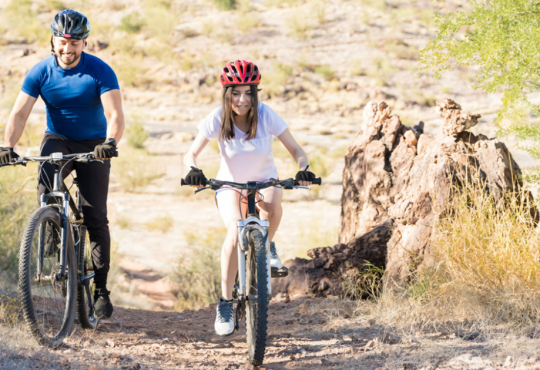For Alex Roddie, hill walking and the natural world are closely linked, but not everyone seems to think so.
A few weeks ago, I opened my inbox to find a message that amazed me. “I like reading your mountain writings. But what are your recent digressions about nature, wildlife, etc.? I don’t follow you for this, I follow you outdoors. Go back to writing about outdoor topics “.
After managing to get over my initial shock, I found myself pondering what this might say about the state of outdoor writing and how we treat our wild places.
Like many people, I have spent a lot of time in my area since the start of the pandemic, taking the same few local walks. In an average year, I would spend at least two months out there on the trail in wild and remote places. My answer to 2020 was to develop my skills as a wildlife photographer and begin a detailed study of the wildlife in my local nature reserve, which I soon discovered to be a place of real riches. My writing and photography have expanded to reflect this change and on my Instagram feed you will find images of barn owls alongside images of snowy wild fields. In my mind, there is no fundamental difference. The reason I go to the mountains is to enjoy time in the wilderness. Rural Lincolnshire may have no credibility in the outdoors, but it can scratch the itch itself, at least to some extent.
What does “the outdoors” mean, anyway? One of the reasons why The great outdoors has captured my attention, both as a reader and as a writer, longer than any other traveling magazine is the fact that contributors are motivated to some degree by a deep love and respect for nature – and it shows. The characteristics of the adrenaline-pumping mountain challenges are also built on these foundations. But what about the outdoor world in general? Have we forgotten that there is a direct connection between bagging that Munro and the golden plover we admired on the way up?
Open air elitism
In recent years, I’ve seen more evidence that the outdoor world seems to be gradually moving away from that fundamental appreciation for nature. Sure, there’s the gear, which for some becomes an end in itself – and I love a new raincoat or shiny backpack as much as the next walker. New ways of experiencing the mountains have also emerged, from new sports to new ticklists.
I won’t tell anyone they’re enjoying the hills the “wrong” way, but – at least before the pandemic – these occasional puzzling interactions had begun to add up. I met people on the hill who betrayed indifference or even hostility to the idea of enjoying nature in the mountains. I once chatted with a climber on a ledge of a belay in the Northern Corries, and observed that I had seen a ptarmigan with half summer and half winter plumage. He looked at me as if I had grown an extra head. “What the hell does this have to do with winter climbing?” He said. “Everything”, I didn’t dare to answer – the ice axes are sharp – but I certainly thought so.
A way of seeing
We all know that climbing the Great Gable counts as “open air,” but how about a gentle stroll around a lowland nature reserve with an hour spent doing nothing but birdwatching? Is it on the same spectrum or is it a completely different thing? A year ago, I suspect, many hikers would have seen them as different. Now, after a year of separation from the mountains, the line is blurrier than ever; and I believe many people are starting to embrace a broader and more inclusive definition of outdoor. Perhaps it is a return to an older way of seeing the mountains.
In the 19th century, pioneering mountaineers often saw no distinction between mountaineering and nature. In the famous visitor book at Pen-y-Pass, pipe-smoking guys with names like Owen Glynne Jones would list the alpine weed they had spotted while searching for a new differential-graded gully on Y Lliwedd, often followed by a verse they had composed on the way down. At best, outdoor culture has always been a fusion of physical activity, mental challenges, learning (and helping protect) the natural world, and even music and poetry. It’s all connected.
One of the most damaging ideas in history is that humans are above nature. But we are not. The natural world is more than just a playground or a gym; it is a home to countless other creatures and is under threat like never before. This includes our mountains. The equipment can be more sophisticated than ever, our ways of enjoying the hills more varied; but, to me, a mountain without nature is just a pile of rock, and if you’re obsessed with the summit without stopping to appreciate wildlife on the way up, then you miss the woods for the trees.





